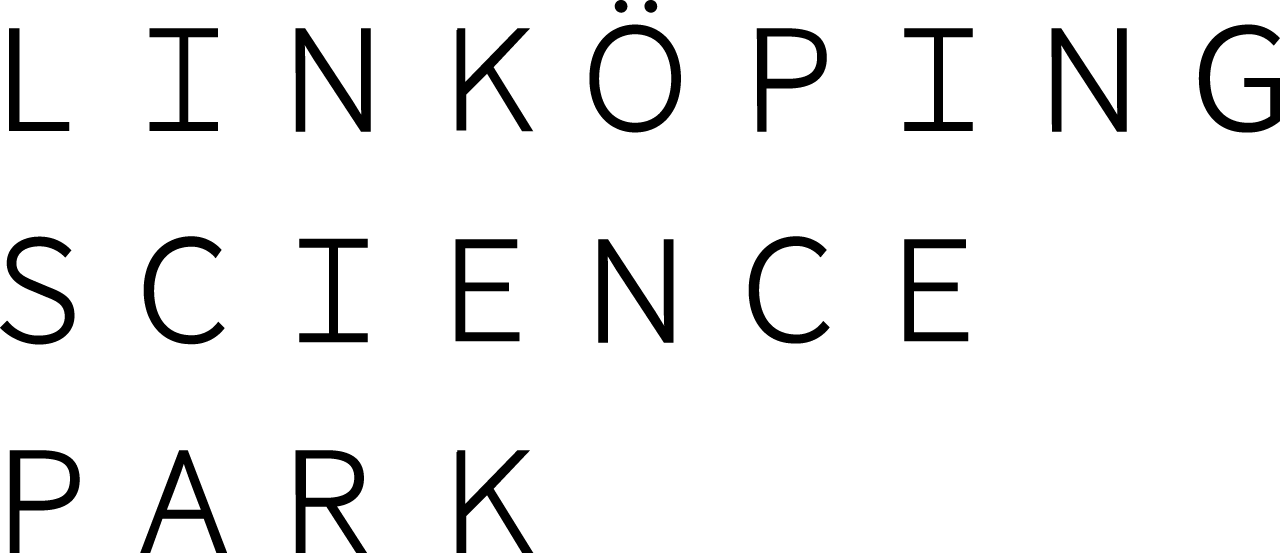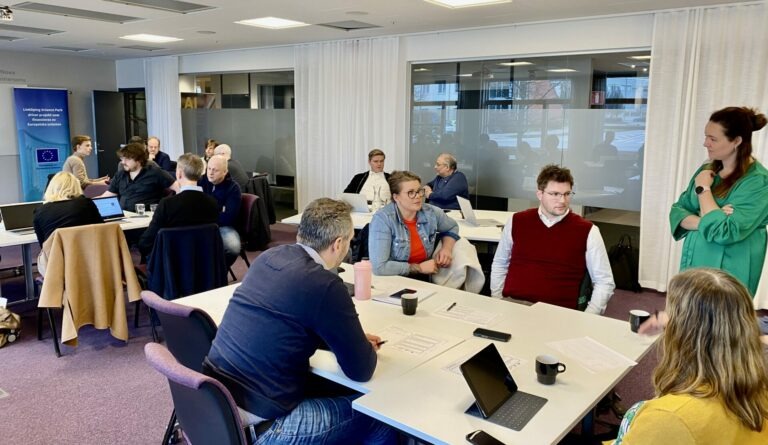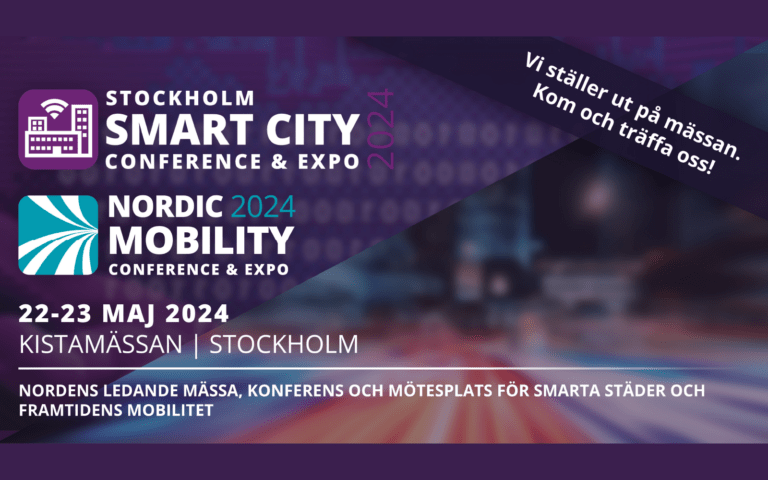Många internationella forskare som befinner sig i Sverige med finansiering från EU:s Marie Skłodowska-Curie Actions flyttar från Sverige efter avslutat MSCA-projekt. Inom ramen för det Vinnova-finansierade projektet Switch to Sweden kan dessa forskare istället matchas med rekryterande svenska företag, men även andra organisationer utanför akademin är aktuella.
Marie Skłodowska-Curie-actions är EU:s referensprogram för forskarutbildning och postdoktoral utbildning. Genom finansiering från EU får forskare och doktorander möjlighet att delta i forskning på svenska universitet.
I Switch to Swedens verktyg matchas kandidatens kompetenser och motivationsfaktorer mot företagens behov med hjälp av AI. Efter genomförd matchning möts kandidat och företag för ett 20 minuters möte där man kan lära känna varandra.
– Vi tror vi behöver minska avståndet mellan internationella forskare och svenska företag. Genom korta möten får båda parter en möjlighet att skapa sig en bild av varandra och kan skapa en relation, säger Switch to Swedens projektledare Anna Broeders.
Företagen och forskaren kan sedan söka finansiering genom Vinnova för att underlätta möjligheten till anställning.
När nu senaste utlysningsperioden stängdes kan man konstatera att två av fem beviljade ansökningar har matchats genom Switch to Swedens matchmakingverktyg.
– Genom Switch to Sweden får vi nya möjligheter och verktyg att matcha ihop företag och talang. Kompetensen, och möjligheterna till anställning, finns ofta närmare än man tror, bara man letar på rätt ställe och här erbjuder verktyget goda möjligheter, säger Erik Litborn på Vinnova.
Vinnovas utlysning ger företaget ekonomiskt stöd för att anställa MSCA-fellows de första sex månaderna. Beviljas ansökan ställs det också krav på deltagande företag att integrera den anställda i såväl sin verksamhet som i samhället.
Läs mer om Switch to Sweden här.
Läs mer om matchmakingaktiviteten här.
Läs mer om Vinnova-utlysningen här.
AI enables employment for the Marie Skłodowska-Curie Actions Fellowship
Many international researchers who are in Sweden with funding from the EU’s Marie Skłodowska-Curie Actions move from Sweden after completing the MSCA project. Within the framework of the Vinnova-funded project Switch to Sweden, these researchers can instead be matched with recruiting Swedish companies, and other organizations outside academia.
Marie Skłodowska-Curie actions is the EU’s reference program for research training and postdoctoral training. Through EU fundings, researchers and doctoral students get the opportunity to participate in research at Swedish universities.
With the help of AI, the candidate’s skills and motivation factors are matched with the companies’ needs. After successful matching, the candidate and company meet for a 20 minute meeting where they can get to know each other.
– We believe we need to reduce the distance between international researchers and Swedish companies. Through short meetings, both parties get an opportunity to create an image of each other and can create a relationship, says Switch to Sweden’s project manager Anna Broeders.
The companies and the researcher can then apply for funding through Vinnova to facilitate the possibility of employment.
When the last call period closed, it could be stated that two out of five granted applications had been matched with Switch to Sweden’s matchmaking tool.
– Through Switch to Sweden, we get new opportunities and tools to match companies and talent. Competence and opportunities for employment are often closer than you think, as long as you look in the right place, and this tool offers good opportunities to do that, says Erik Litborn at Vinnova.
Vinnova’s announcement gives the company financial support to hire MSCA fellows for the first six months. If the application is granted, participating companies are also required to integrate the employee in both their business and the Swedish society.
Read more about Switch to Sweden here.
